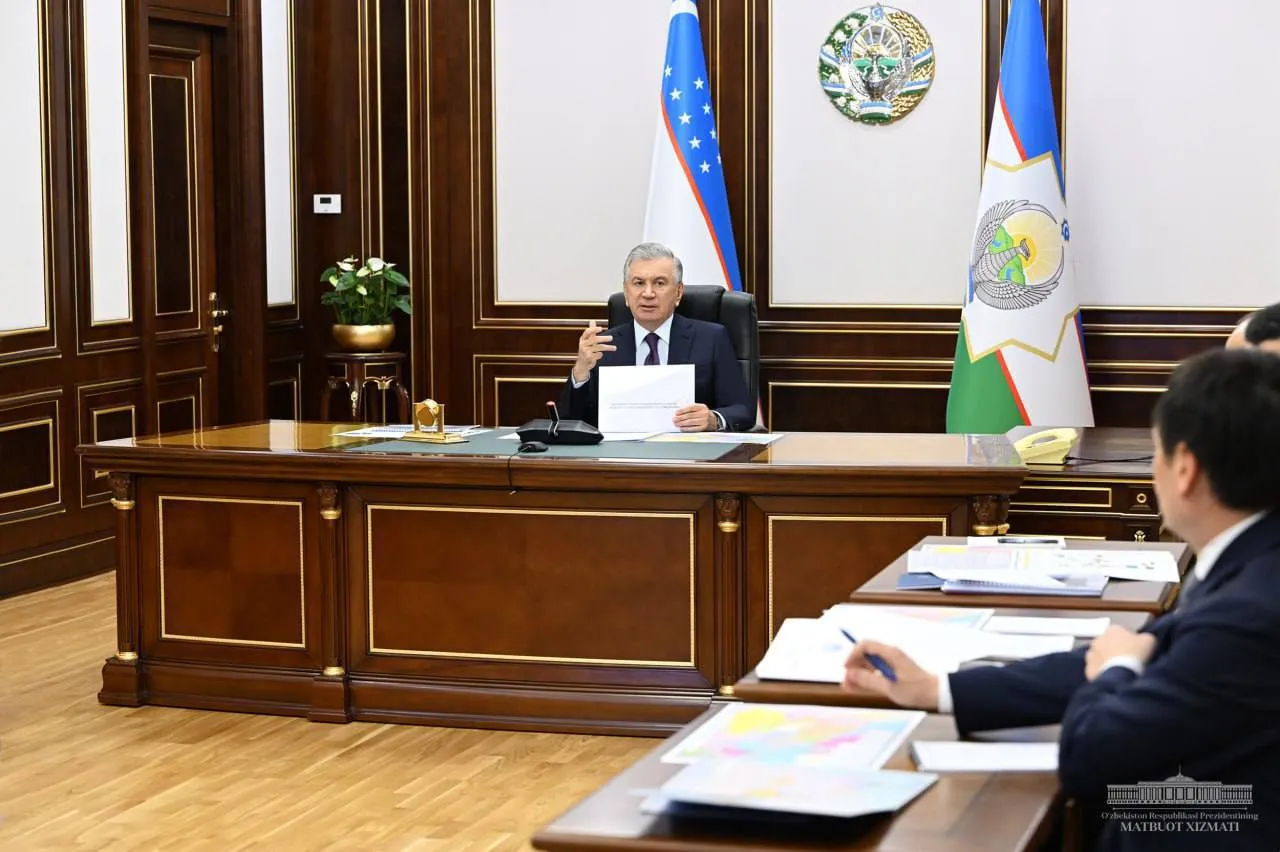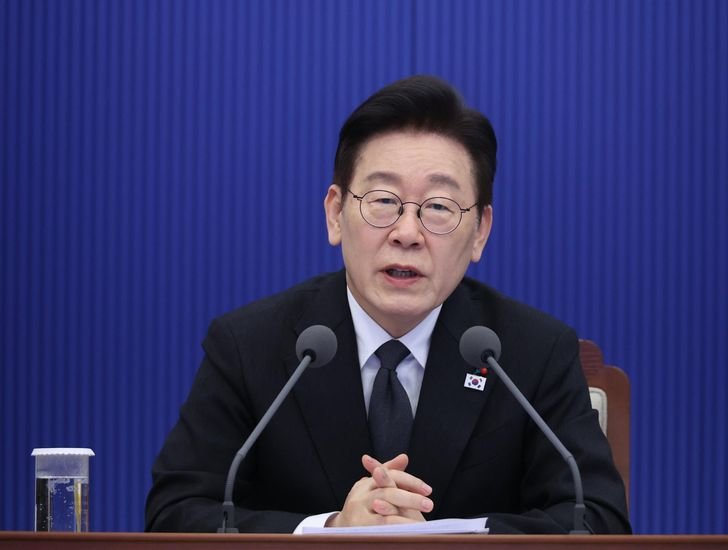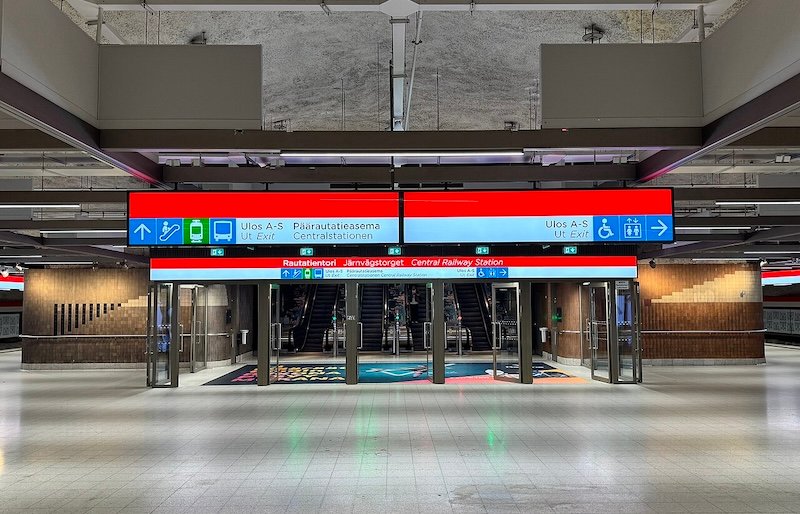Tashkent, May 07, 2024, The Europe Today: President Shavkat Mirziyoyev of Uzbekistan recently undertook a comprehensive review of railway projects aimed at bolstering the nation’s transport infrastructure, underscoring the pivotal role of railway transport in the country’s geographical positioning, industrial development, and economic advancement.
According to the press service of the head of state, Uzbekistan’s railways have witnessed remarkable progress in recent years, evolving into an integrated system with modern infrastructure tailored to the needs of both the populace and various economic sectors.
Since gaining independence, Uzbekistan has made significant strides in railway development, with over 2,400 kilometers of new railway lines constructed and commissioned, alongside the electrification of more than 3,000 kilometers of existing tracks. This expansion has been complemented by the establishment of a robust heavy machinery and foundry metallurgical industry within the railway sector, facilitating enhanced connectivity across the nation.
Positioned as a key link in international railway networks connecting East and West, South and North, Uzbekistan has emerged as a vital hub for transit and trade routes, bolstered by an active investment policy and favorable business conditions.
Against this backdrop, President Mirziyoyev underscored the imperative of continued construction and modernization efforts within the railway sector to maximize its transport and logistics potential. Attention was particularly focused on diversifying transport corridors to enhance convenience for entrepreneurs and bolster export opportunities.
Notably, discussions during the presentation centered on the construction of the China-Kyrgyzstan-Uzbekistan railway, a significant initiative within the framework of the “One Belt, One Road” initiative. This transregional project is poised to catalyze development not only within the three participating countries but also across the wider Central Asian region.
Additionally, updates were provided on the creation of new transport corridors linking Central Asia with South Asia, further accentuating Uzbekistan’s role as a linchpin in regional connectivity.
In parallel, President Mirziyoyev issued directives to prioritize the development of aviation infrastructure, with a focus on transforming airports into international transit hubs, as well as the construction and refurbishment of modern highways.
As Uzbekistan continues to assert its position as a nexus of transportation and trade, President Mirziyoyev’s directives underscore the nation’s unwavering commitment to advancing its transport infrastructure to drive economic growth and regional integration.














